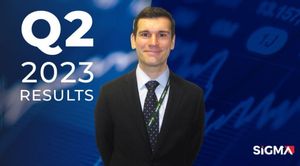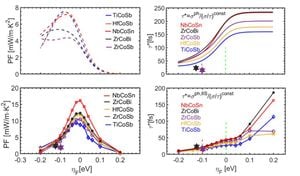South Korea's economic outlook appears grim as the Bank of Korea has downgraded its growth rate projections, reflecting underlying concerns about structural weaknesses. Governor Lee Chang-yong stressed the importance of addressing these challenges through wise policy measures during a recent press conference.
On February 25, Governor Lee, following the Monetary Policy Committee meeting, announced the revised growth forecast for 2025 at approximately 1.5%, down from previous estimates of 1.9% and 1.6-1.7%. These adjustments have been primarily driven by anticipated global economic pressures, particularly changes to U.S. tariff policies under President Donald Trump, which could drastically impact South Korea's export-dependent economy.
Governor Lee stated, "A growth rate of about 1.8% is acceptable, as it reflects our current economic capabilities." He argued against viewing this figure as indicative of failure, considering the deep-seated issues the South Korean economy faces, particularly the lack of new industry growth over the last decade. He described the situation as one where the economy is now more dependent on older, established industries without sufficient innovation.
To counteract the risks associated with slow growth, Lee emphasized the need for accompanying structural reforms alongside fiscal responses. "If the supplementary budget exceeds 20 trillion won, the associated risks will outweigh the benefits," he cautioned. He articulated the importance of addressing structural problems through reform, rather than relying on temporary fixes like increased public spending.
During the meeting, the Bank of Korea unanimously decided to cut the base interest rate from 3.00% to 2.75%, marking the first time it has fallen below 3% since mid-2022. This decision reflects growing concerns about economic downturns alongside mounting domestic and international challenges.
Governor Lee highlighted the necessity for fiscal policy alignment with monetary measures, stating, "A cooperative approach between the fiscal policy and lower interest rates is needed to effectively stimulate growth." He pointedly noted the dangers of solely relying on interest reductions to resolve economic issues, warning, "Without fiscal policies alongside interest rate adjustments, we risk exacerbations like increased household debt and currency fluctuations."
Despite the recent interest rate cuts, the Bank of Korea remains cautious about the potential for financial instability. There's general consensus among committee members about the need for multiple rate cuts throughout the year, with 2-3 more anticipated, depending on market responses.
Lee also addressed the importance of the forthcoming supplementary budget, which is expected to add around 15-20 trillion won to bolster the economy. He mentioned, "An investment at this level could potentially raise growth by approximately 0.02%." Nonetheless, he stressed the precarious balance of fiscal measures, cautioning against any excessive increase beyond this proposed budget which could lead to adverse long-term effects on fiscal health.
The governor called for the government to stabilize the political environment to enable focused economic discussions, adding, "Political stability is necessary to prevent economic controversies from overshadowing our financial strategies."
Given the toll of stagnated growth on households and businesses, there’s growing urgency for the South Korean government to adopt forward-looking policies to revitalize industry and spur innovation. Lee lamented, "The past ten years have seen little investment in new industries, which is painful to acknowledge." The failure to diversify economically leaves vulnerability to disruptions such as those stemming from U.S. policy changes.
Lee’s views come as part of broader discussions on the necessity of revamping Korea’s economic structure. The prolonged reliance on traditional sectors has significantly constrained growth prospects, making it increasingly difficult to stimulate meaningful progress without structural change.
The governor noted the significance of addressing socioeconomic issues intertwined with economic policy, reinforcing the notion of collective responsibility across sectors, including private enterprises. He asserted, "To see improvement, there must be joint efforts from both the government and the private sector to create the conditions for new industries to flourish and old industries to adapt."
With the submission of this supplementary budget, the clarity on the funding's use and its alignment with broader economic strategies remains to be fully articulated. Governor Lee's call for stabilization and reform emphasizes the urgent need for collaboration toward rebuilding South Korea's economic foundation.



